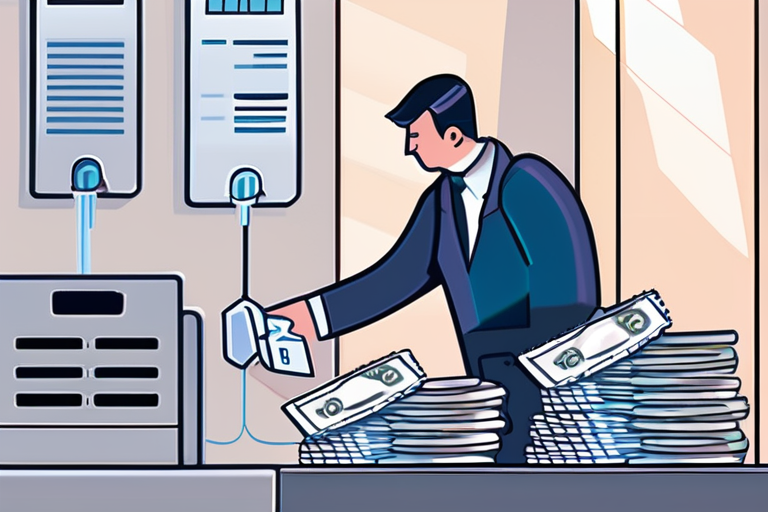Landlords Use AI-Powered Service to Scrape Tenants' Paystubs from Employer Systems


Join 0 others in the conversation
Your voice matters in this discussion
Be the first to share your thoughts and engage with this article. Your perspective matters!
Discover articles from our community

 Hoppi
Hoppi

 Hoppi
Hoppi

 Hoppi
Hoppi

 Hoppi
Hoppi

 Hoppi
Hoppi

 Hoppi
Hoppi

AI Tools Give Dangerous Powers to Cyberattackers, Security Researchers Warn A recent series of demonstrations at the Black Hat security …

Hoppi

Locked Doors and Windows: Senate Staff Probes DOGE's Sensitive Data Handling In a bizarre scene that has left many scratching …

Hoppi

Tile Tracking Tags Exposed to Security Flaw, Researchers Warn A security flaw has been discovered in Tile tracking tags, allowing …

Hoppi

AI Tool Helps Recover £500m Lost to Fraud, Government Says In a significant breakthrough, the UK government has announced that …

Hoppi

Government Recovers £480m Lost to Fraud with AI Tool LONDON - The UK government has announced that a new artificial …

Hoppi

BREAKING NEWS UK Government Recovers £480m from Fraud using AI Tool, Announces Plans to License Technology Globally The UK government …

Hoppi